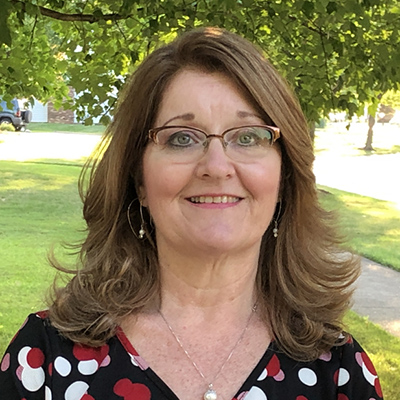
Tips to find out about important food recalls
Consumers should consider what they can do to help protect themselves and their families by finding out about food recalls quickly.
We see hundreds of food recalls every year. Many lead to illnesses. Some are quite serious. Some lead to people being hospitalized or even dying.
Yes, the notification system for food recalls needs to get better. Until improvements are made, and maybe even after that happens, consumers should consider what they can do to help protect themselves and their families.
- Stop by the customer service desk of the grocery stores you shop at and ask how they notify customers of recalls .
- Sign up with any grocery store you shop at regularly to be notified by phone, text or email if an item you purchased has been recalled. Chances are high that the store will find out about a recall before government regulators will issue any announcements. Check the email or phone number you gave to the grocery store for messages at least once a day.
- Consider shopping only at stores with a good recall notification policy, especially if you buy many products that are frequently recalled, such as produce, including lettuce and other vegetables, or if someone in your home has severe food allergies.
- If you empty bags of onions or apples or flour into another container, keep the package or a photo of it, so you can identify later whether you’re affected by any recall.
- Get the free Food Recalls & Alerts app to get recall notifications all in one place on your phone. It includes FDA, USDA and pet food recalls. It’s by SmartAddress, Inc. You can request real-time alerts to your phone, or just check the app recall list as often as you’d like.
Another free app is FoodKeeper. But it’s not good at notifications. When you open the app, go to the little “i” in the circle on the bottom right side. The “recalls” tab listing all of the food recalls for the last year from the FDA and USDA. (You can also filter by date.)
The latest recalls are also listed on the website, https://www.foodsafety.gov/recalls-and-outbreaks. The FoodKeeper service was developed by the USDA’s Food Safety and Inspection Service, with Cornell University and the Food Marketing Institute. - Sign up for recall alerts from the Food and Drug Administration (FDA) at https://www.fda.gov/safety/recalls-market-withdrawals-safety-alerts and the U.S. Department of Agriculture at https://public.govdelivery.com/accounts/USFSIS/subscriber/new?preferences=true#tab1
If you have a Twitter account, follow the agencies’ Twitter accounts: @FDArecalls and @USDAFoodSafety.
Getting real-time alerts is especially important if there are people with severe allergies, or kids, pregnant women, elderly folks or people with compromised immune systems in the home. - If you don’t want to sign up for all food recalls, but perhaps just those involving Salmonella, E. coli or Listeria, or certain undeclared allergens (like peanuts or wheat), then set up Google news alerts with those keywords to be delivered to your email daily or in real time.
- Pay attention to some type of national news, whether it’s a TV broadcast, a newspaper, an email summary of the day’s headlines
Remember that if a food is recalled for Salmonella or another harmful bacteria on or in food, it often can be killed by cooking it thoroughly. But you still should NOT use recalled food just because you’re cooking it. Also, rinsing produce can help remove pesticide residue and some germs, but it won’t kill bacteria such as Salmonella, Listeria or E. coli.
Topics
Authors
Teresa Murray
Consumer Watchdog, U.S. PIRG Education Fund
Teresa directs the Consumer Watchdog office, which looks out for consumers’ health, safety and financial security. Previously, she worked as a journalist covering consumer issues and personal finance for two decades for Ohio’s largest daily newspaper. She received dozens of state and national journalism awards, including Best Columnist in Ohio, a National Headliner Award for coverage of the 2008-09 financial crisis, and a journalism public service award for exposing improper billing practices by Verizon that affected 15 million customers nationwide. Teresa and her husband live in Greater Cleveland and have two sons. She enjoys biking, house projects and music, and serves on her church missions team and stewardship board.
Find Out More

Bike helmets recalled: 140,000 and counting don’t meet safety standards; 13 separate recalls

New airline travel protections for consumers: refunds, transparent fees and more

Apple AirPods are designed to die: Here’s what you should know

